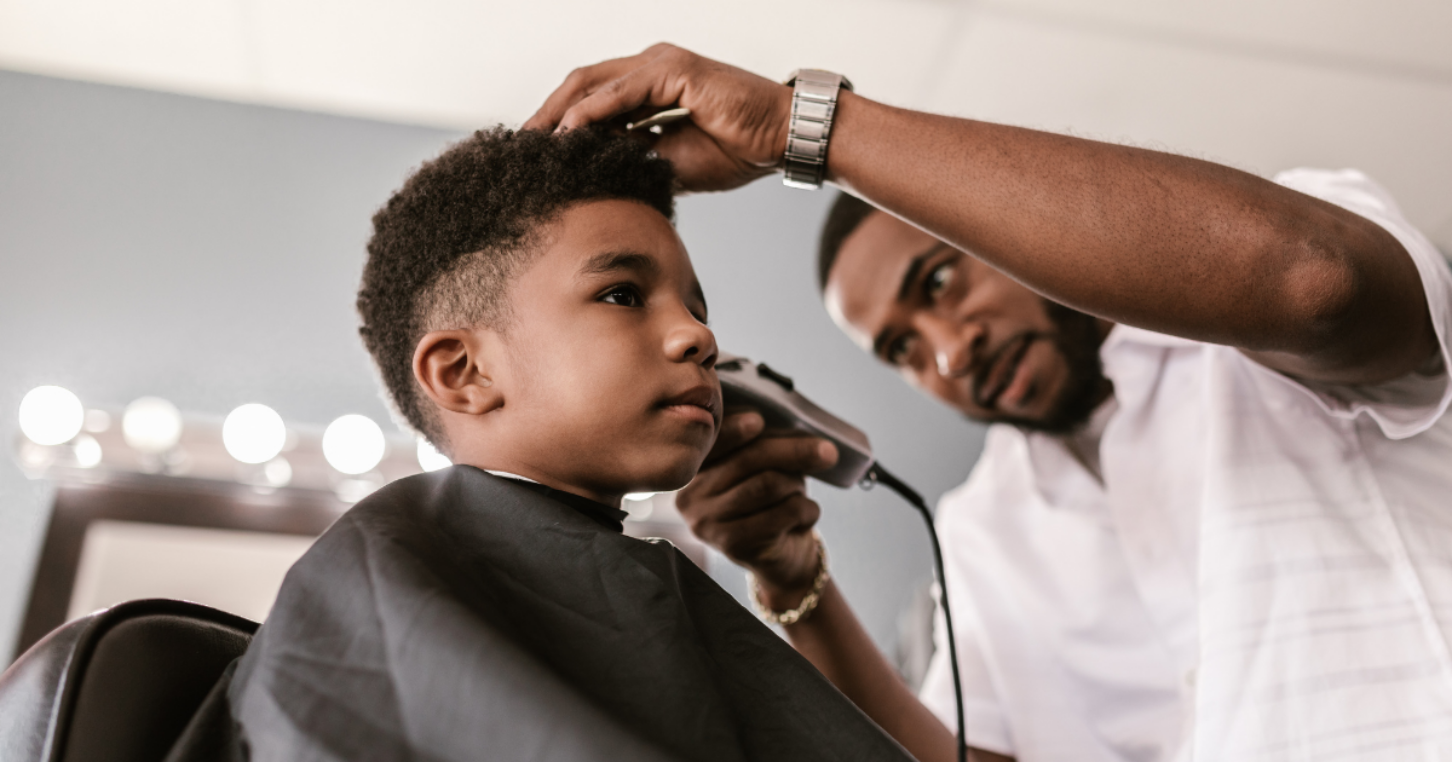
Georgia is consistently touted as one of the best states for business. A Foundation commentary published in December 2022 highlighted a report that favorably compared Georgia to the rest of North America in economic freedom. A different report, however, reveals an area where Georgia needs improvement.
“License to Work” is the Institute for Justice’s nationwide study of how occupational licensing laws affect labor and freedom. IJ, a nonprofit, public interest law firm that focuses on combating government overreach and defending constitutional rights, released previous editions in 2012 and 2017.
The study catalogs 2,749 licenses nationwide and uses a sample of 102 lower-income occupations that, in certain areas and to varying degrees, require some form of government license or government-mandated prior qualification for entry.
The good news for Georgia is that it requires relatively few licenses compared to other states. The bad news is that the barriers to obtaining those licenses are relatively high.
Occupational licensing, while often enforced in the name of safety, is just as often practically arbitrary and frequently does far more harm than good. One example the study points out is the often bizarre misalignment of licensing practices with occupational risk, such as how barbers and beauticians face greater average burdens than entry-level emergency medical technicians.
While the barriers to work vary across the country and across occupations, the average requirements to obtain a license from this study’s sample include $295 in fees, at least one exam and 362 days spent on required classes or on-the-job experience. These “days lost” represent time that workers are not able to earn a living.
Of these 102 occupations, only 12% were universally licensed throughout the country, meaning the other 88% were practiced safely in one or several other states without a license.
While burdensome licensing practices are legion in the United States, the last five years have seen positive, albeit small, developments. Since 2017, states created 16 licenses and eliminated 26. Also, one-fifth of licenses became less burdensome in some way. Trade-offs were common, too. Fewer days lost and lower education and experience requirements often came with higher fees and higher minimum ages.
Notably, the occupation with the (overwhelmingly) largest decrease in average days lost to education and experience was entry-level midwife. Readers may recall the Georgia Public Policy Foundation’s recent report on how full practice authority for occupations like midwives and nurse practitioners will help to address Georgia’s healthcare disparities. Georgians would benefit from joining other states in loosening restrictions on these midwives.
The study ranks all 50 states and Washington, D.C., by average burdens for licensed occupations. Georgia’s performance by this measure is disappointing; its regulations are the 12th-most burdensome.
A bigger-picture ranking demonstrates a more positive outlook, however. When combining average burdens with the number of licenses (among the 102 lower-income occupations sampled) each state requires, Georgia is only the 35th-most burdensome state. This is because Georgia requires far fewer licenses (40%) of the 102-occupation sample than the average among other states (53%).
Georgia also requires lower fees on average, but requires an average of over a hundred more days lost than the average state.
Since the last “License to Work” report was published in 2017, Georgia did not create or remove any licenses. The most typical change in the past five years was with fees, and those usually increased. Days lost also increased with some occupations and did not fall with any occupation. Georgia’s ranking worsened three spots due to increased burdens, and while its combined ranking improved one spot, this had more to do with licenses added by similarly ranked states.
The occupation with the highest barrier to entry in Georgia is public high school sports coach, which reveals a somewhat disturbing comparison. In the Foundation’s commentary on the Fraser Institute’s report on economic freedom, we pointed out that Delaware was the least free state in the United States (and even less free than some Canadian provinces, if you can believe it). Georgia requires high school sports coaches to have a bachelor’s degree and to pass three separate exams, whereas Delaware requires only one hour of education. Measured another way, head coaches in Delaware lose 0.2 days compared to 2,555 in Georgia.
There are many economic metrics by which Georgia excels. Unfortunately, occupational licensing reform is not one of them. Opening the state up to incoming businesses, creating jobs and supporting our strongest industries are important to maintaining the growth that has benefited our state for years. However, we can further strengthen our economy and preserve our freedoms by helping the vulnerable sections of our labor force. This report illustrates just how much work is left to do.
So what can we do?
As we outlined in our Guide to the Issues, there are steps lawmakers could take to remove unnecessary government barriers and make it easier for Georgians to work.
1. Adopt universal licensing
With Georgia adding more than 200,000 residents over just the past two years, it is important that we make it easier for new residents who are trained professionals to work. By adopting universal licensing, people who have already gone through the time-consuming practice of meeting licensing requirements in another state would not have to complete the process in Georgia again before they could work. After all, someone who learned to cut hair in New York did not forget it when they moved south.
2. Create protections for economic opportunity
Protect economic opportunity by creating a statutory right to an occupation; requiring proof of a clear, likely and well-established danger to the public, and ensuring that less restrictive means have been tried before resorting to professional licensing.
3. Reduce, convert and repeal
Examine existing occupational license requirements for opportunities to reduce qualifications for licensure such as the hours of training and “continuing education” required to obtain and retain certain licenses; convert license requirements to a less restrictive form of regulations such as inspections, bonding or voluntary certification; or repeal regulatory requirements.
